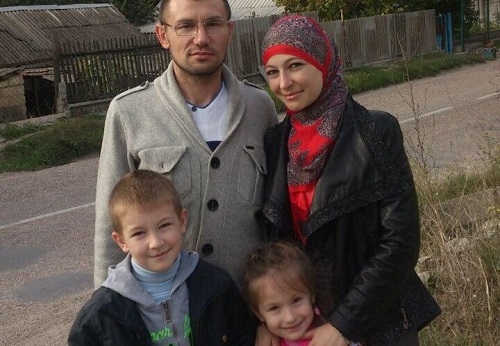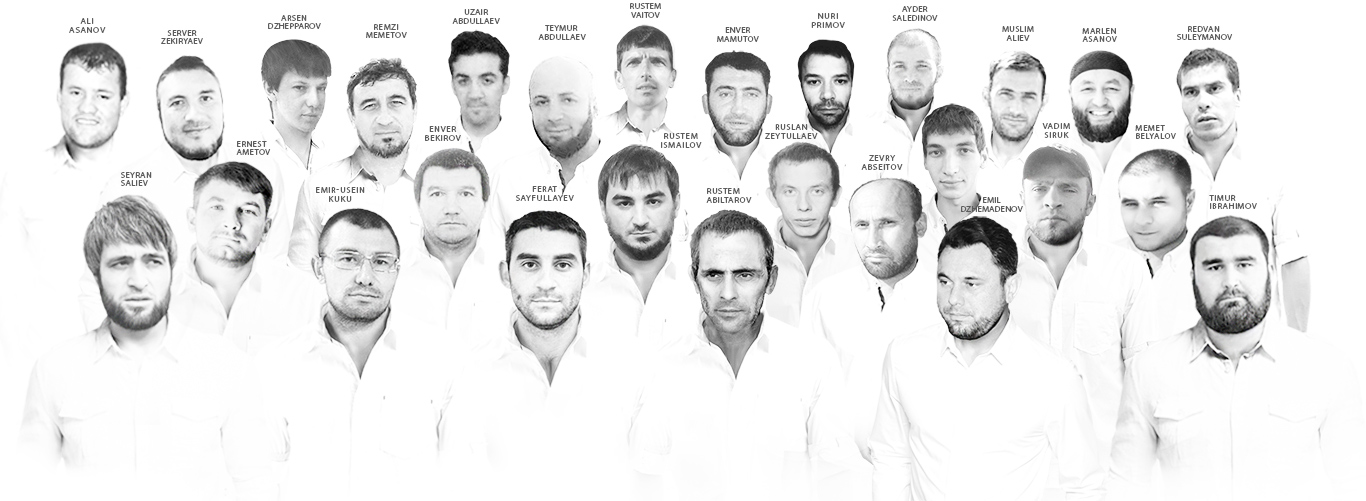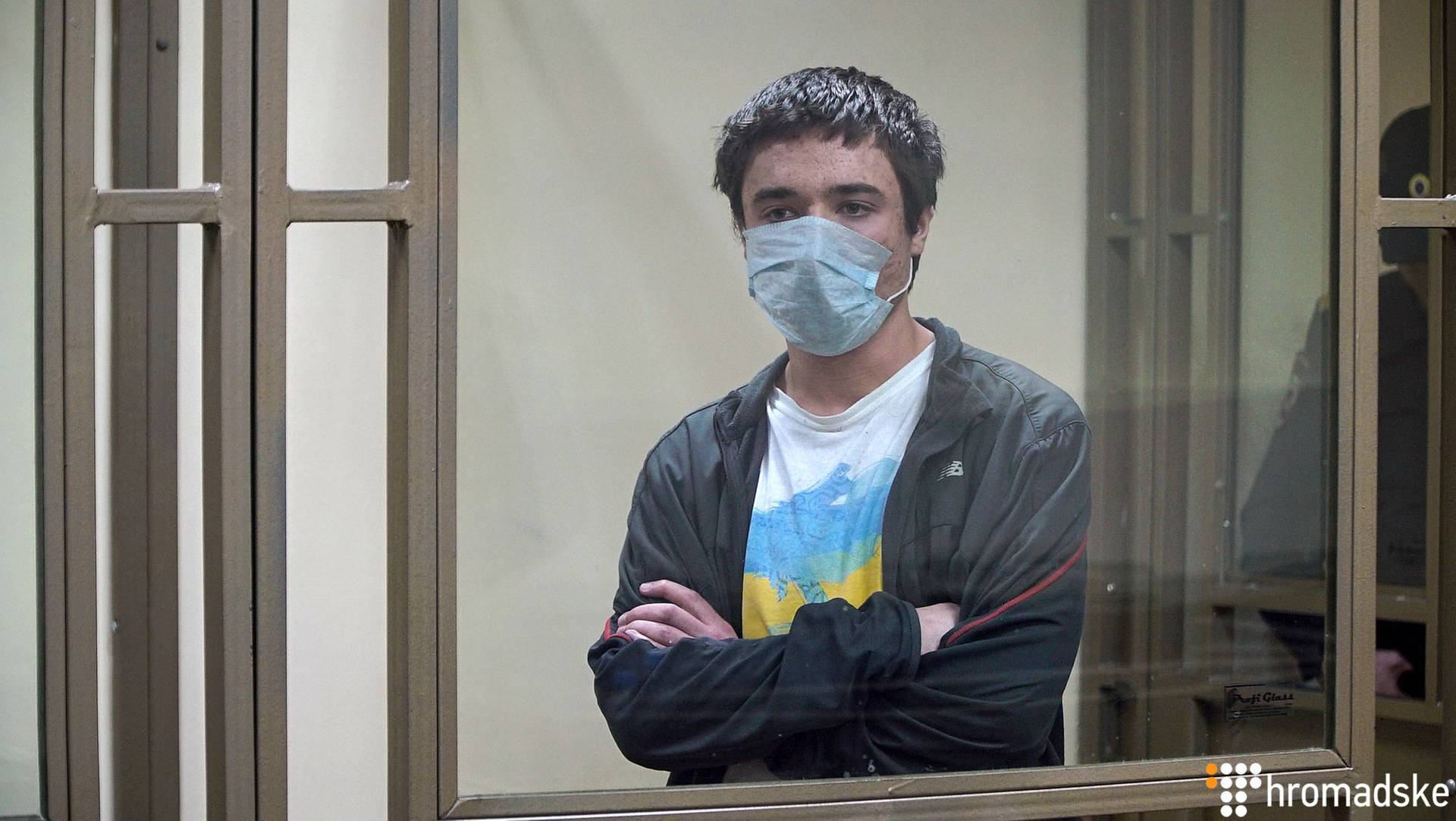It is an unfortunate fact that many governments misuse anti-terrorism laws against human rights defenders. Yet, the extent to which these laws are applied by the Russian Federation against those guarding human rights in Crimea has reached unprecedented levels.

Crimean Tatar Emir-Usein Kuku is a human rights defender and former Chairman of the human rights NGO Crimean Contact Group on Human Rights in Yalta, which was created to monitor investigations into the enforced disappearance of Crimean Tatars. The persecution of Emir began in April 2015 when he was severely beaten by the operatives of Russian Federal Security Services (FSB) as he was heading home from work. After several unsuccessful attempts to recruit him as an informant, followed by searches and harassment of his wife and children, Emir was eventually arrested on grounds of his alleged membership in the international Islamist movement Hizb ut-Tahrir. This is a non-violent political movement which is legal in Ukraine and other countries but banned in Russia. As hundreds of other people labeled “enemies of the Kremlin,” Emir-Usein Kuku was accused of terrorism merely on the grounds of his political views and activism.
Emir’s story is not unique. According to statistics released by the Crimean Human Rights Defense Group, in December 2017, Russia was holding at least 70 political prisoners from Ukraine. At least 30 of them have been accused of “terrorism” based on fabricated charges. Since the beginning of 2018, 9 new searches of homes have taken place and 2 criminal cases have been opened against Crimean Tatars.
Most of those convicted under the anti-terrorism law are arrested/detained in small groups under the pretext that they resemble a “terrorist cell.” Through torture and intimidation, the suspects are made to confess to crimes they didn’t commit. Many of these forcefully obtained confessions are then broadcast on Russian television, portraying Crimean Tatar activists as “spies”, “saboteurs” and “terrorists”
who pose a threat to Russian society and need to be isolated.
Many detainees are also subjected to the inhumane tactic of involuntary psychiatric detention – a humiliating practice inherited from the Soviet era widely used to punish dissidents of the party and inflict fear on the wider population. The situation is further complicated by inhuman conditions of detention and lack of proper medical care, which contributes to a steady deterioration of health and in some cases even deaths of political prisoners.
The trend of the Kremlin’s deliberate efforts to label Crimean human rights defenders as “terrorists” and “criminals” is disturbing for several reasons.
First, it feeds the narrative of Russian propaganda to portray Ukrainians as “radicals” and Ukraine as a “terrorist state” in order to justify Russia’s illegal occupation of Crimea and the war in Eastern Ukraine. This argument could become an important card in the hands of the Kremlin for future negotiations with the West on potential peace in Ukraine and regional stability.
Second, by portraying Crimean human rights activists as “dangerous” and “disloyal”, the Russian government contributes to the marginalization of ethnic Tatar minority within Crimea
. This is especially dangerous given the continuous efforts of the de facto authorities to strengthen their military base in Crimea. The tendency to divide communities on ethnic, religious or political grounds, combined with growing militarization of the Crimean Peninsula risks resulting in ethnic hatred and violence on a massive scale.
Finally, the Kremlin’s actions create a negative precedent for other countries and governments who look up to Russian Federation for inspiration in their attempts to repress anyone who poses a threat to the “status quo.” By turning our back on human rights defenders in Crimea we not only undermine the ability of the international system to protect democratic values and order, but also “normalize” such practices in the hands of dictators.
At a time when human rights organizations speak about decline in freedom and democracy in the world, it is our duty to take action to preserve democratic values and protect those standing up for human rights in Crimea.






